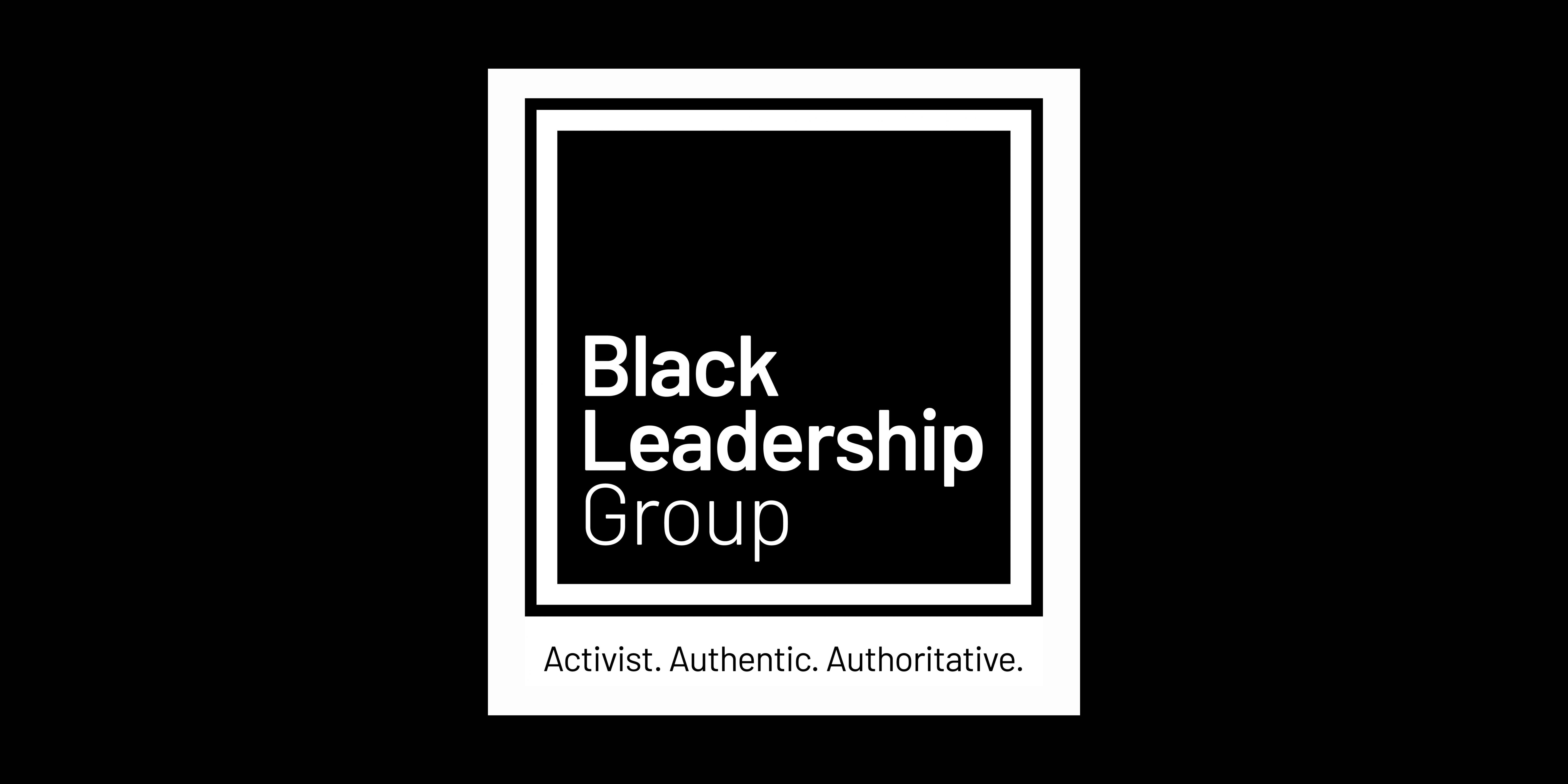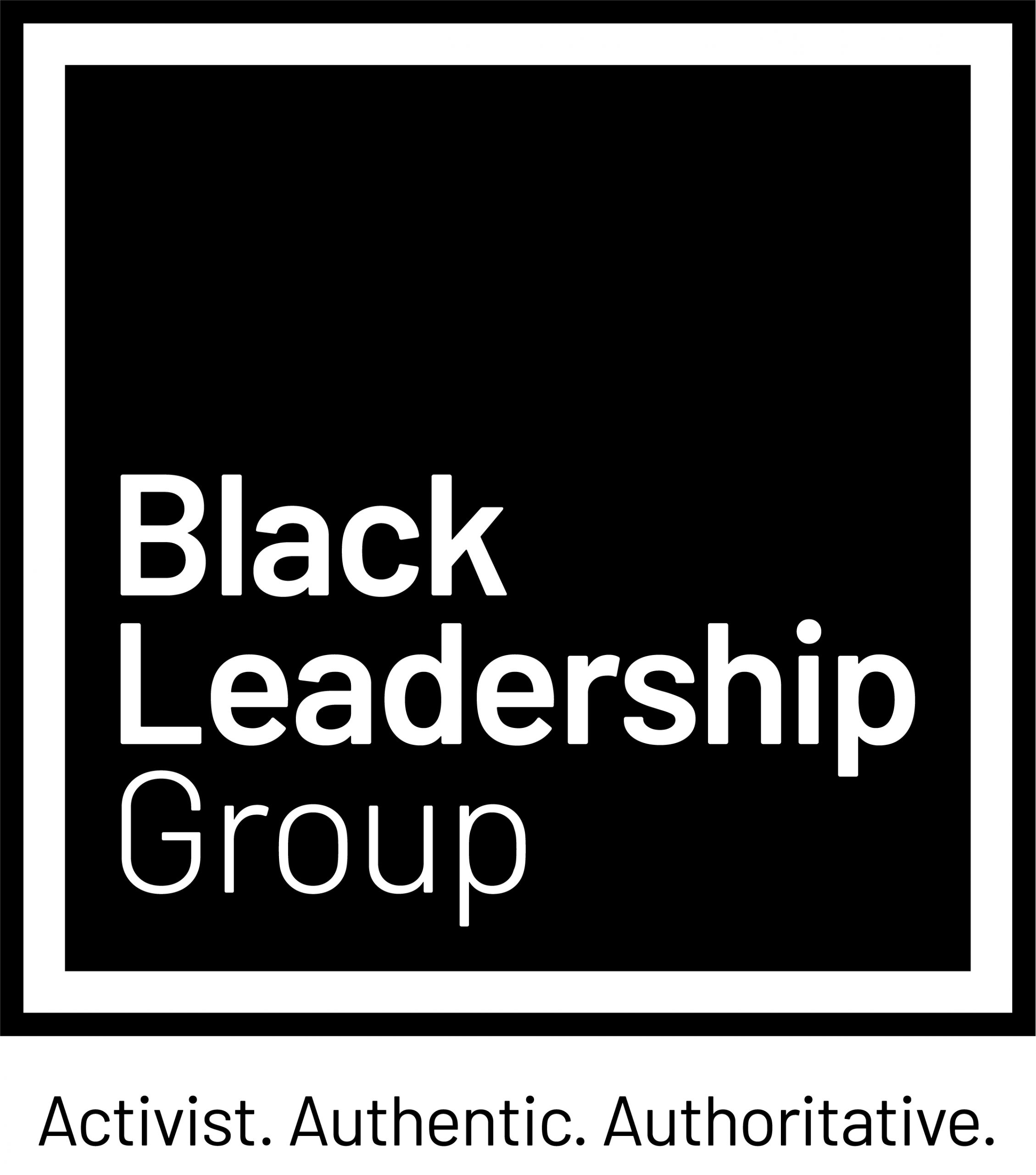
//
The Black Leadership Group (BLG formerly BFELG), and the Education and Training Foundation (ETF) are committed to working together to support an Anti-racist Further Education and Training sector. As part of our shared commitment, ETF partnered with BLG on the recent ‘Symposium report’, a publication that leads Anti-racism in Further Education.
Below, Dawn Ward CBE shares her experiences and approaches as a college and sector leader.
LEARNING, SHARING AND THE JOURNEY: DAWN WARD CBE, CEO & PRINCIPAL, BURTON & SOUTH DERBYSHIRE COLLEGE
As my parents instilled in me – kindness and forgiveness must be at the forefront, if we are truly to ensure that we deliver a movement, not a moment, on the anti-racism agenda.
There are three areas I want to touch on: learning, sharing and the journey. For me, I see these as an outcome of a balanced scale. On one side, we have the values and behaviours that create the culture, and on the other side, the systems, processes and accountability measures. In my view, these have to be balanced if we are to learn and share. If we are to make the difference that is needed, we must get the culture right, both inside our organisations and as a sector. We need challenge and support to create the right culture where individuals, organisations and our sector thrives.
This culture will live through our values, behaviours and actions. We have to remember that behaviour breeds behaviour. So, as I have always said to staff, challenge is not about pinning someone against a wall. Challenge is about making a difference by helping others hear and see what will lead to improvement.
Accountability and transparency
So, what we must do to really make the difference needed is to take people with us, otherwise the risk is people saying the right words, but not really meaning or believing what they say or do. Therefore, the system, processes and accountability measures put in place need to be challenging and supportive.
As a college, we use data to question ourselves, to seek ways of improving and therefore having access to data is critical. So, I support the BFELG in its call for the publication of data to help us improve. What must come from this is the learning, both from within the organisation and the sector. If we are truly to be a learning sector, then the competitiveness and the one-upmanship must end, and the sharing of learning must take place. This can only happen if the culture is open and transparent, not one of fear and blame.
Investing in enabling structures and processes
I have always said the change to the single equality scheme was a retrograde step. I believe it was brought in to reduce bureaucracy, but it became a prohibitor rather than an enabler. So, should there be a recommendation for this to change? Personally, I would support this.
The historic investment in the Black Leadership Initiative, in the Network for Black and Asian Professionals, was hugely successful. But quite clearly since then, the sector has gone backwards. I would like to see diverse college boards, direct investment for Black staff through mentoring, coaching and the creation of opportunities. I was personally disappointed when Ofsted removed the limiting grade for equality and diversity and would welcome its return. However, I would want to see significant training for Ofsted inspectors to ensure that they know well what they are looking at, and for. I would also welcome a broader diversification of the Inspectorate.
Collaboration and effecting change
As a sector, we often shout out to government that ‘one size does not fit all.’ So, we must remember this in working with organisations on this journey. Context does need to be considered. However, I would urge leaders of colleges that have mainly white populations to look to the future demographics of our country, and act now.
When I led a mainly white college in a rural location, Janak Patel and I recognised that we needed to seek help from a city-based college. So, we brought our students and staff together and so much positive learning was achieved.
Leading people on cultural change is not easy, but neither should we shy away from it. I remember the words of the late Eddie McIntyre, Principal of Birmingham College of Food, now University College Birmingham: “managing money is easy, but managing people is not. It is complex as they bring their unique self to work.” I believe organisational cultural surveys rather than staff surveys tell us more about an organisation, and enable us to measure where we are, and I would recommend their use across the sector.
Our journey
Hence, seeing through the eyes of others in our journey is important, recognising the context they are operating in and how they learn. Some are reflective, they like to digest and evolve. Others want to respond instantly. We are all different, but unique. We must all be on this journey. As I am sure we all want all our students, staff and our organisations to be highly successful. But we may be at different starting points, face roadblocks along the way, which in themselves will create learning. So, we will get there sooner.
But together this movement is about creating a better future for all our children, their children and their children. I am very excited about BSDC’s affiliation with the BFELG, and I am looking forward to undertaking the training on their 10-Point Plan, and its adoption in college with the college management team, the strategic leadership team and our chairman of governors, Everton Burke.
*BLG uses Black as an inclusive term for ethnically diverse people who share a lived experience of the effects of racism.
